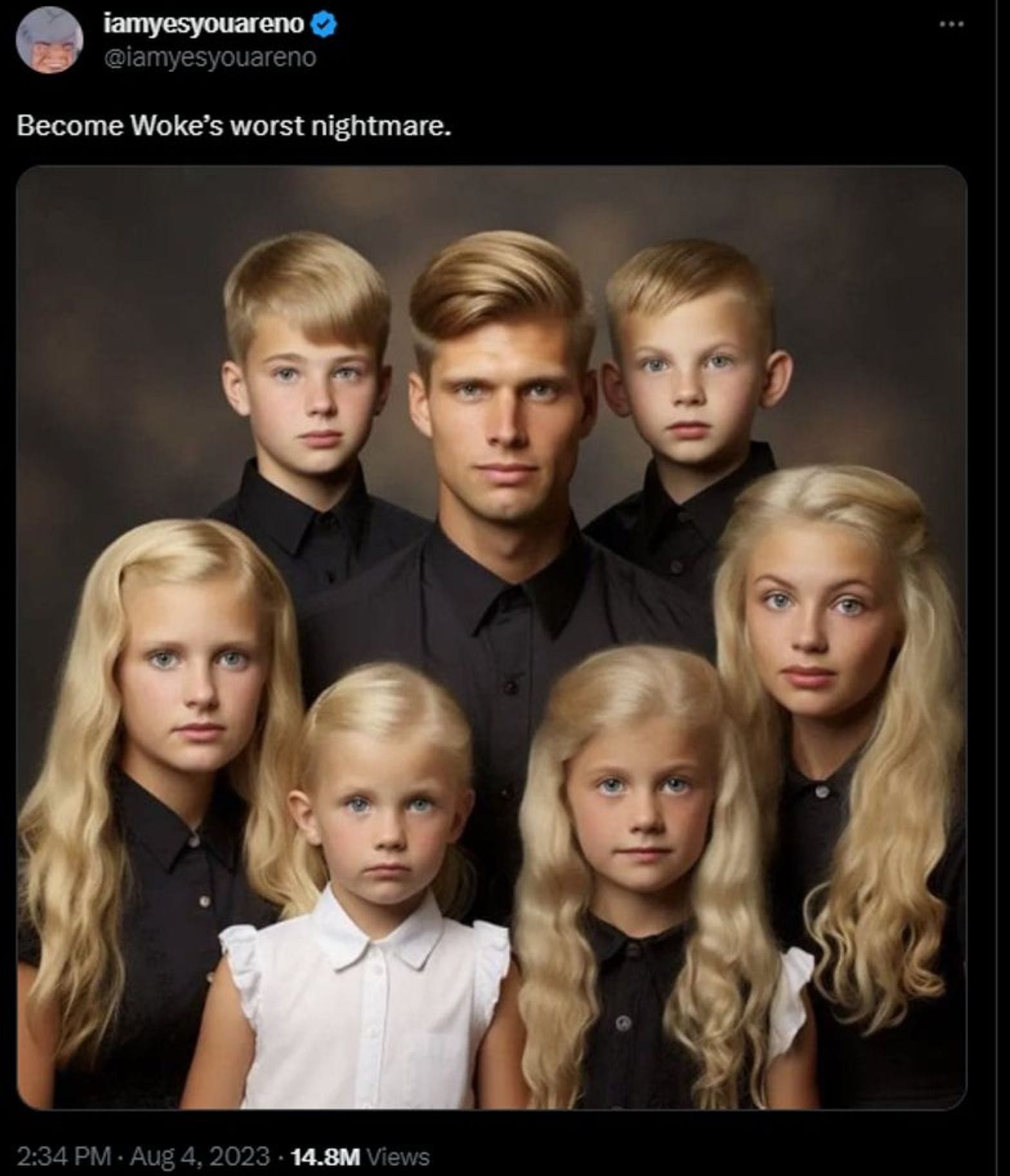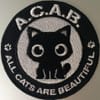For Whom the Bird Shrieks

As the number of movie screens in the US has plummeted, the centrality of US box-office has diminished and the endless sequels, reboots, remakes and requels dig deeper and deeper into absurd and boring corners of our pop cultural history; as one-time deals from streaming sites turn mid level producers into little more than algorithmic content farmers and all the talented people prefer to be in TV-production because not only is the paycheck more consistent but the quality of product is often higher, all of these trends have somehow left a bunch of open screens at multiplexes for weird indie horror movies, which have proven capable of filling out a schedule between Ghostbuster legacyquels and the latest Mattel movie.
Case in point, Cuckoo (2024). The German-American coproduction (with subtitles!) is directed by Tilman Singer, who has only made one previous film, the supernatural arthouse thriller Luz, a cult favorite...in 2018...among hardcore horror fans on the at-the-time relatively obscure streaming service Shudder. Cuckoo stars Hunter Schaefer, the trans actress and model famous for her queer activism and her role in Euphoria. While these all make the film very appealing to yours truly, it's hardly bullet-proof box-office. But as the Hollywood system devours itself it leaves weird gaps in the margins. In other words, it was a bit disorienting (complimentary) to watch this on a huge multiplex screen in the suburbs, sprawled out in an individual recliner, but as an accident of circumstance that's what I ended up doing this weekend.
As my partner Sophie pointed out, it is also incredibly strange to have a horror movie in theaters called Cuckoo with themes of queerphobia and repressive identitarian violence and a trans lead playing a character named Gretchen only a few months after trans novelist Gretchen Felker-Martin released a horror novel with themes of queerphobia and repressive identitarian violence called Cuckoo, but there is no direct connection.
Both works, however, are tapping into and critiquing fascist obsessions through the theme of the cuckoo bird. The cuckoo bird is a particularly anti-familiar kind of parasite, one that seeks out the nests of other birds, destroys their eggs and leaves its eggs in their place. This brood-parasitism means the adult cuckoo does not raise its young, while other birds must do the crucial care labor of warming, feeding and raising birds that do not end up passing on their genetic material.
Nothing could be scarier to the current fascist dad then that his children might, in fact, be the genetic offspring of another. The global far-right is unified by Great Replacement theory, by myths of demographic collapse and the end of the white race, expressed in the fourteen words, in anti-abortion, anti-divorce and anti-IVF sentiment, in the transphobic panic about youth "sterilization", in the quiverful movement and the right-to-women demand from incels, the fash are deeply anxious about passing on their genetic material.
This is all barely sublimated castration panic, a desire to have absolute mastery over their "property" (most central of which is their children and wives) in the face of an otherwise out of control world. "Family values" means the domination of the patriarch over a fertile woman and the brood of offspring she is required to provide, a brood that will guarantee his "legacy" in the continuation of both his genes and his property ownership.

But it's not just the men, the subservience of the wife guarantees her full control over the raising of said brood in exactly the way she wants, a guarantee which allows her to isolate her children if she so wishes, to stop any "interference" from such terrifying villains as school librarians, sympathetic teachers or gay peers, all of whom must be banished from her children's worlds. The mother must have total control and mastery over the kids, or else why did she sacrifice her own autonomy to the fascist home? Her wounded attachment to womanhood via whiteness (or is it whiteness via womanhood?) leads her to accept disempowerment in the social world in order to feel like a dictator at home, much as the fascist in public accepts political disempowerment and the destruction of their own rights and agency in order to feel like they share in the leader's mastery and dictatorship.
In such an atmosphere of anxiety and paranoia about offspring, the idea of a parasitic broodling, or a changeling child, becomes a powerful metaphor for talking about the far right. Much like Naomi Klein observed about the cultural reemergence of the Doppleganger, the fantasy of a "real child" being replaced by an imposter can help us think through the right's current obsessions with queerphobia and book bannings.
As a result, the image of the changeling, the doppleganger and the cuckoo bird have become consistent themes in contemporary horror and fiction. Just in terms of things I've stumbled upon in the last few years, there's: Victor LaValle's novel The Changeling (and a 2023 Apple TV adaptation), the podcasts "I am in Askew" and "The White Vault", and the movies Us, Orphan: First Kill, Malignant, Possessor, Vivarium, Barbarian, Censor, Hatching, Greener Grass, Infinity Pool, Mommy Dearest and Resurrection. And that's off the dome, I'm sure I'm missing quite a few.
Not all of these stories are critical of the paranoia, some are directly participating in queer panic (I'm looking at you, Brandon Cronenberg), but all of them express and play with anxiety over family, genetic parenthood, and the "authentic" self as a way of investigating the racist, queerphobic violence of the last ten years of global reaction.
Cuckoo, however, is delightfully on the right side of history, and full of pretty scary and weird body horror besides!
